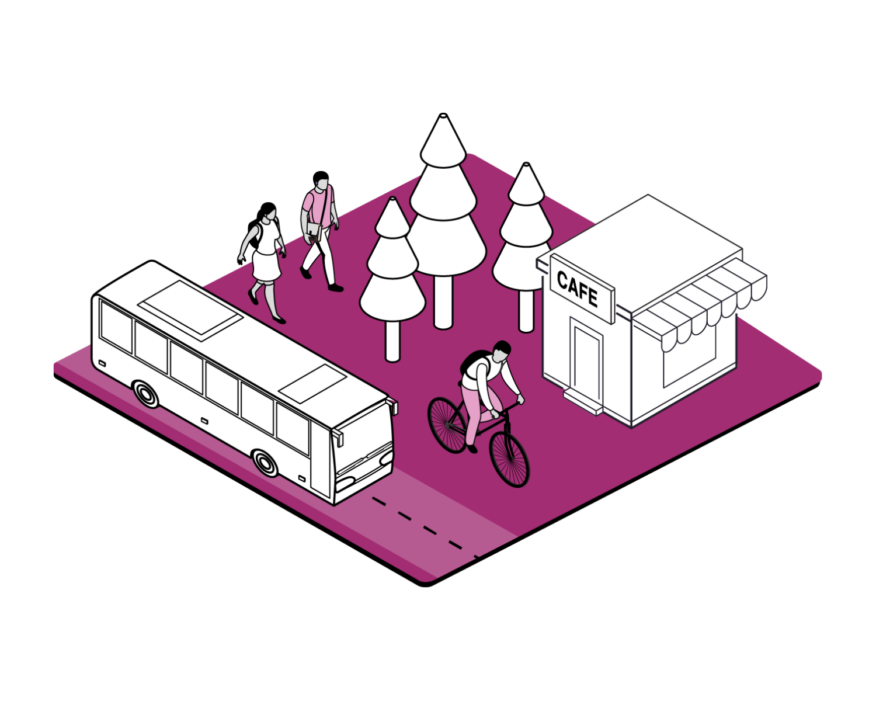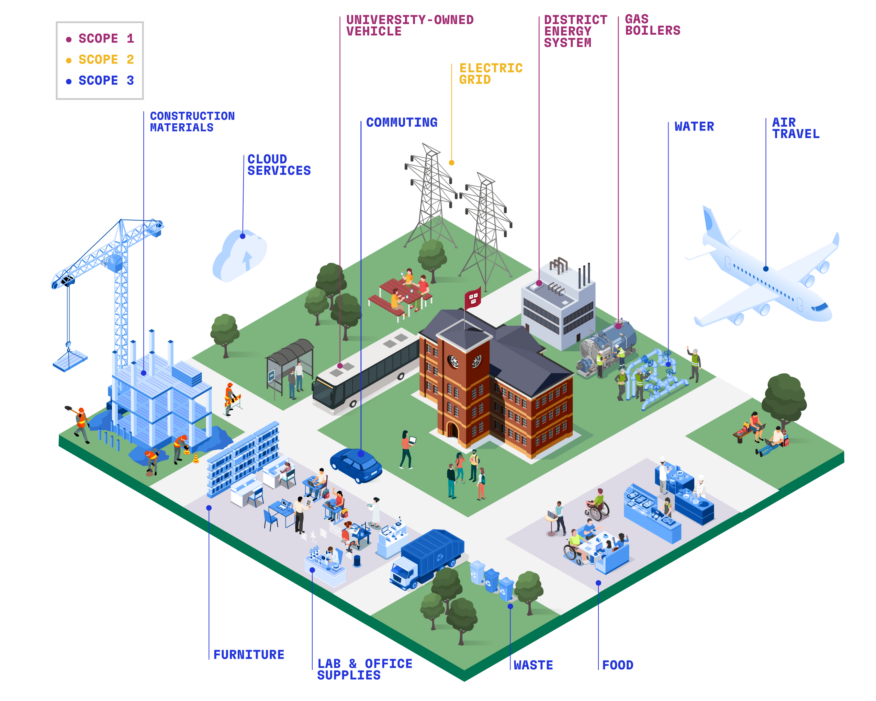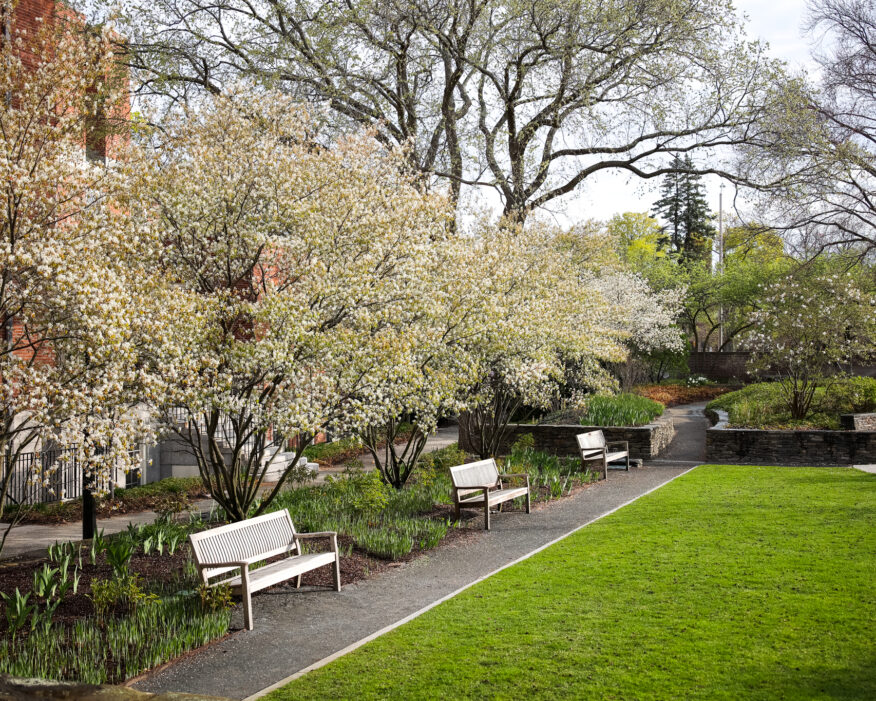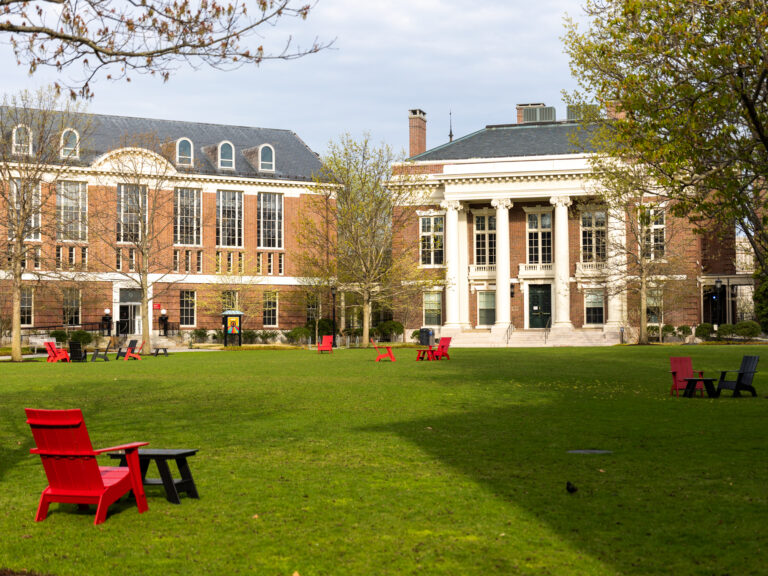How We Operate
Discover the ways we are operating sustainably
Harvard is accelerating new systems that enable healthier, low-carbon living—creating systems that can be scaled and adopted more broadly.
Harvard has created standards and guidance that focus on sustainable campus operations, including food and dining, landscaping, purchasing, and more. By developing new systems and practices, we are modeling sustainable operations that can lead to healthier, more equitable communities.

Creating Healthier, More Equitable Communities
Sustainable Operations
Healthful and Sustainable Food
Harvard pledges to reduce greenhouse gas emissions from food by 25% by 2030 as part…
Sustainable Transportation
Harvard is developing and investing in sustainable modes of transportation, ensuring that walking, cycling, and…
Zero Waste
At Harvard, we aim to sustainably manage all waste streams—including plastics, recyclables, and organics, as…
Sustainable Water Management
Harvard aims to reduce University-wide potable water use and pollution.
Taking a holistic approach
Value Chain
Harvard is addressing Scope 3 emissions, also known as value chain emissions, which are caused by activities such as construction, business travel, food, and purchasing.

SUSTAINABILITY RESOURCES
Guides & Standards

News & Events
Explore sustainability news at Harvard, as well as upcoming talks, webinars, conferences and other events on campus and beyond.

Our Action Plan